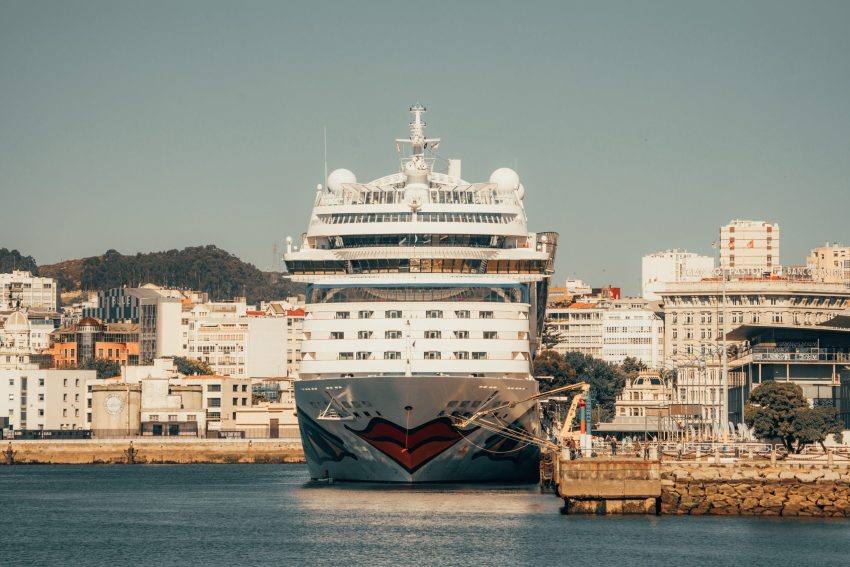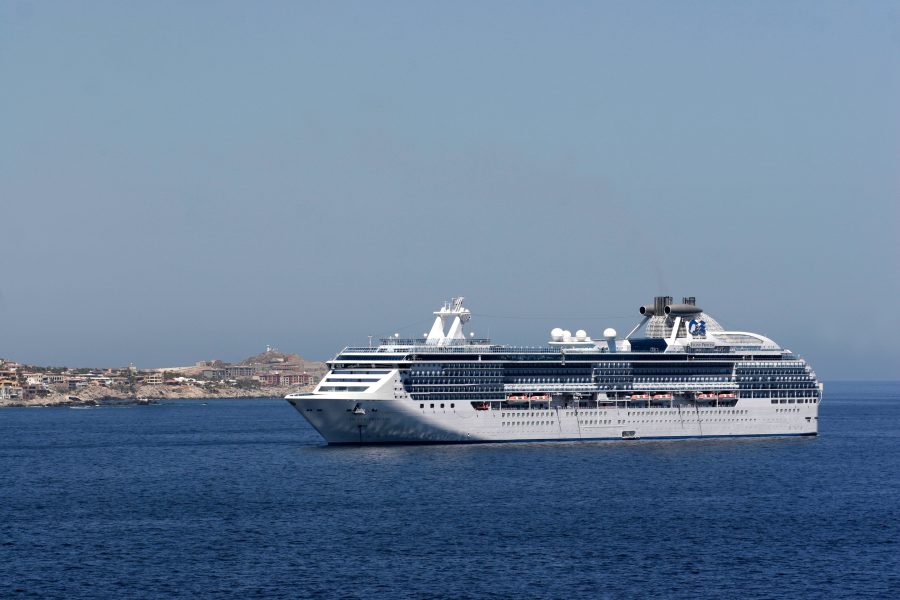In recent years, the travel industry has witnessed a growing demand for sustainable and eco-friendly experiences. Recognizing the need to protect the environment, cruise lines have taken significant steps to adopt eco-friendly practices. Companies like American Cruise Lines and Royal Caribbean's Wonder of the Seas are leading the charge in creating a more sustainable future for the cruise industry.
American Cruise Lines, a pioneer in small ship cruising, has made sustainability a core principle. Their fleet of modern ships incorporates advanced technologies to reduce environmental impact. From energy-efficient propulsion systems to waste management strategies, American Cruise Lines aims to minimize its carbon footprint while providing exceptional travel experiences.

Royal Caribbean's Wonder of the Seas, the largest cruise ship in the world, is also dedicated to sustainability. Equipped with advanced waste management systems and energy-efficient technologies, Wonder of the Seas exemplifies the industry's commitment to preserving the environment. The ship's innovative design focuses on minimizing emissions and maximizing energy efficiency, ensuring a greener cruising experience.
One of the key areas where cruise lines are making a difference is in waste management. Advanced onboard recycling systems allow for efficient processing of waste, reducing the need for disposal at sea. Cruise ships are also investing in sustainable materials and products to minimize single-use plastics and promote recycling initiatives.
Furthermore, cruise lines are actively exploring alternative energy sources to power their ships. Solar panels, wind turbines, and LNG (liquefied natural gas) are being utilized to reduce reliance on traditional fossil fuels. These efforts not only contribute to a cleaner environment but also provide a blueprint for the future of sustainable travel.
In addition to onboard initiatives, cruise lines are partnering with local communities and organizations to promote conservation and environmental education. Through initiatives like coral reef preservation and wildlife protection programs, these cruise lines are actively contributing to the preservation of fragile ecosystems around the world.
Passengers are also playing a crucial role in sustainable travel. Cruise lines are implementing education programs and responsible tourism guidelines to encourage guests to make eco-friendly choices during their journeys. From participating in beach clean-ups to supporting local economies, travelers can contribute to the preservation of the destinations they visit.
As the demand for sustainable travel grows, cruise lines are committed to continuous improvement and innovation. Investments in research and development are driving the exploration of new technologies and practices that further reduce the environmental impact of cruising.
In conclusion, the cruise industry is embracing sustainability and taking significant steps to minimize its ecological footprint. Companies like American Cruise Lines and Royal Caribbean's Wonder of the Seas are at the forefront of adopting eco-friendly practices. Through waste management strategies, alternative energy sources, and community partnerships, cruise lines are shaping a more sustainable future for the industry. By choosing eco-friendly cruises, travelers can enjoy unforgettable experiences while contributing to the preservation of our planet.


